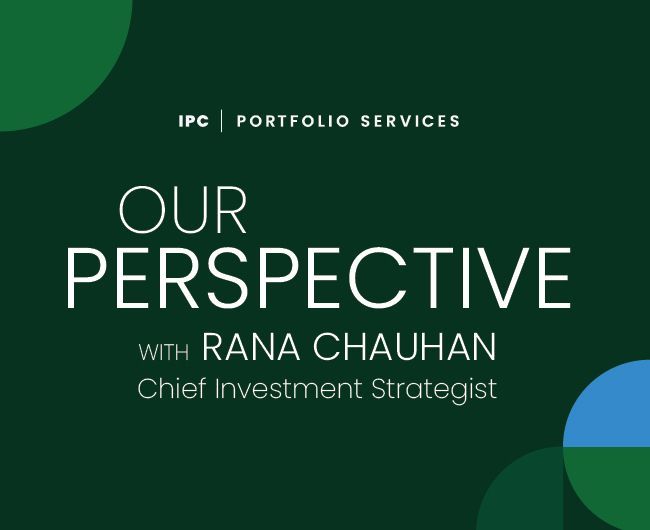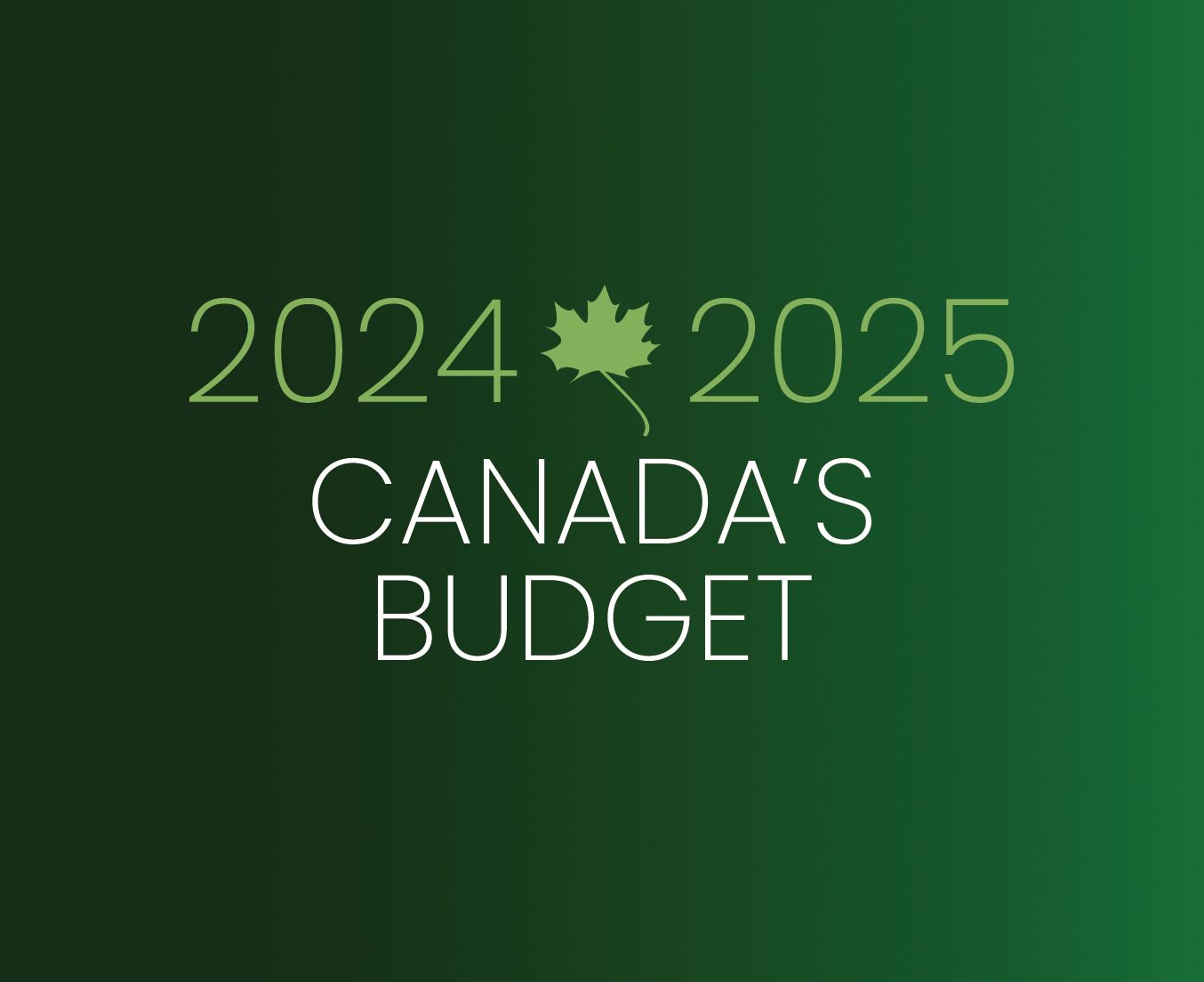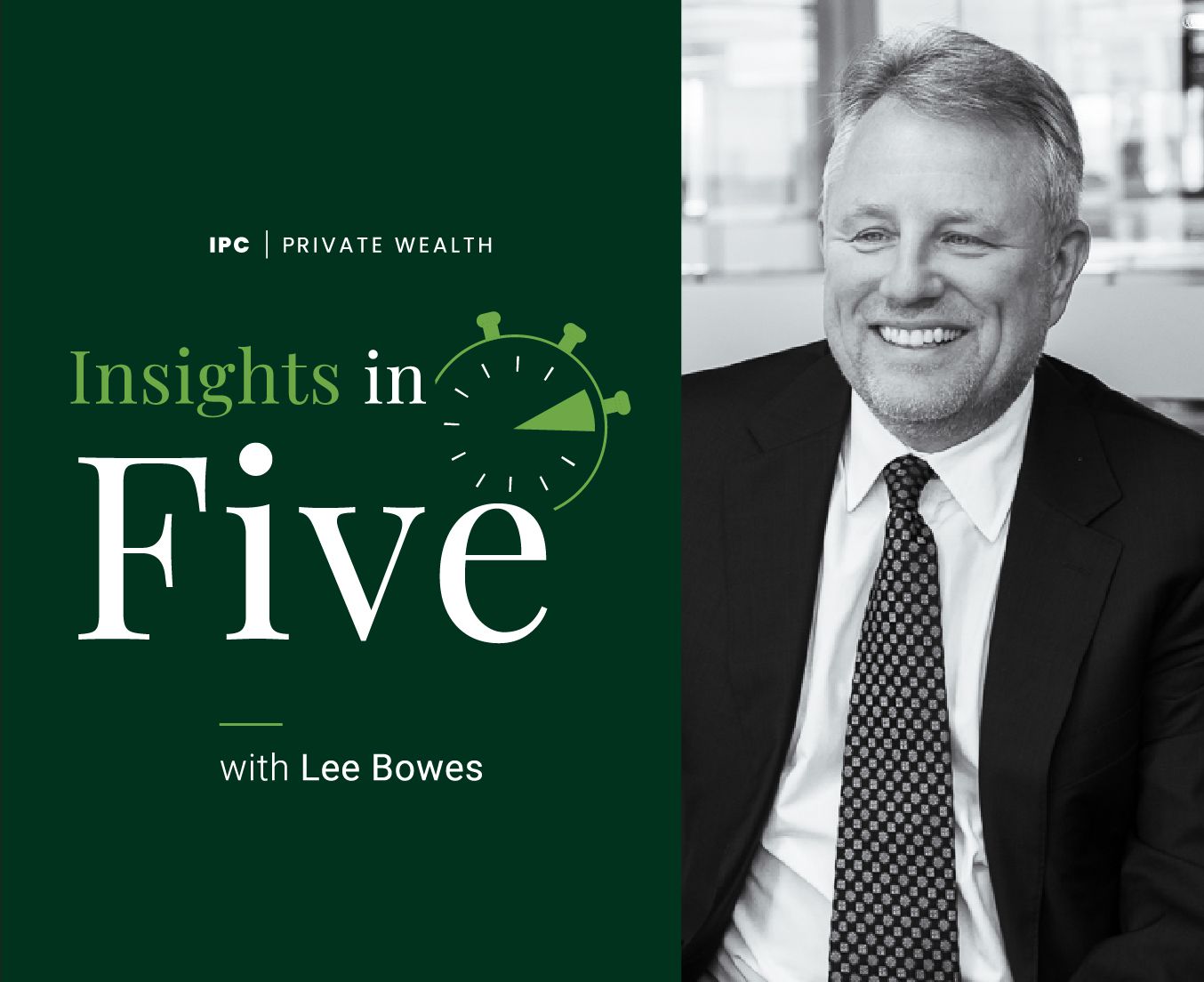When I was planning for my financial future, I didn’t understand the value of seeking out professional financial advice.
In truth, when I finally did engage a financial advisor, I rebuffed their recommendation and advice – in this instance, when he recommended critical illness insurance as part of a comprehensive wealth management plan for me. In hindsight, I wish I hadn’t.
My parents didn’t teach me financial literacy
As someone from humble beginnings, my parents didn’t have much money. I never learned to save, let alone make long-term plans for things like retirement. Although there is not one specific conversation that I recall that influenced how I eventually handled my own money, I do remember what I felt about money. It felt intimidating.
Money is the great determiner of all our comfort and security. It determines whether we can purchase a home, vacation in exotic places, or whether you can meet the basic necessities of life.
I was well into my twenties before I understood what a financial advisor did or how having one could benefit me. But it was not until I was in my thirties that I realized I needed the help of an advisor to manage money and safeguard my future.
Finding the right financial advisor
My first experience with a financial advisor was underwhelming.
Back in 2012, I was a recently single mom, and my first advisor encouraged me to make a big decision on my own - a move that did not feel right for me. It made me feel like he did not understand my long-term goals.
By 2014, I came to realize that one day I’d need to look for a new advisor – one who was willing to assist me as a young, ambitious woman beginning to accumulate wealth.
Flash forward to 2017, my daughter and I had found the loves of our lives, my husband and his daughter. We had just purchased our first home and we were excited to bring our families together. It was around this time when we finally found our advisor, who has since become our trusted family advisor.
My advisor and I sat down for our first meeting which allowed us to determine our financial goals, risk tolerance, and so on. It felt good to know that we were taking all the right steps to prepare for our family’s future.
We discussed my financial worries and concerns, our educational goals for the girls, when we would like to retire, when we would start renovations on our new (to us) home. It was very comprehensive, and he raised many questions I’d never thought of before. I could see the future. I could see our kids going to university and us lounging by the pool in tropical countries. It was picture perfect.
“I declined. ‘Thanks for your analysis. I will keep this in mind, but honestly, I do not plan on going anywhere anytime soon.”
Making the wrong financial choice
Amid my euphoric look forward, my advisor asked, ‘How about life insurance? Do you have a plan?’
I abruptly returned to the present and said, ‘I have coverage through work.’
He followed with, ‘Group Life Insurance through your job is a good start, but is it enough? If anything were to happen to you, do you know how much your family would need?’
I said, ‘No’.
He took a moment to illustrate the potential financial impact of illness, or worse, my death. It was shocking to see the breakdown. I had never thought about how my husband or kids would be impacted if I were gone. But in that moment, I felt confident that the basic insurance plan offered by my employer would be sufficient. After all, I was in my mid-thirties and healthy.
I declined. ‘Thanks for your analysis. I will keep this in mind, but honestly, I do not plan on going anywhere anytime soon’.
The impact of a critical illness on a financial plan
That conversation happened only four weeks before I was diagnosed with a rare and aggressive form of leukemia and was told that I may not survive the first ten days of treatment. Heading into the fight of my life, that conversation with my financial advisor came back. This was exactly what he had warned me about, and I had chosen the easy path forward.
The financial stress was as overwhelming as the diagnosis itself. The idea that those few words uttered only weeks before could determine my family’s quality of life was devastating.
“I was diagnosed with a rare and aggressive form of leukemia.”
Against grim odds, I did survive those early days. In fact, nearly five years later, I am in remission and healthy. I am grateful that I was given a second chance at financially protecting my family.
In this 5-minute video, hear Michelle and Doug as they discuss her experience, their relationship and the value that personalized financial advice played in providing her with a sense of hope and financial security when faced with one of life’s most significant challenges.
Building a financial plan when you’re a cancer survivor
Planning for my financial future will entail a very different conversation when I qualify again for critical health care coverage than my first.
As a cancer survivor now considered high-risk, I will likely have the opportunity to purchase life insurance again, but for the remainder of my days the cost will be at a significant premium -hard-earned money that could have been used towards something else for my family.
“There is not much I regret in this life, as I believe our poor decisions are an opportunity to learn and grow, but my decision to decline my advisor’s advice is one I struggle with to this day.”
Take advantage of great financial advice
There is not much I regret in this life, as I believe our poor decisions are an opportunity to learn and grow, but my decision to decline my advisor’s advice is one I struggle with to this day. I had to learn the hard way that if we do not invest in our health before we get ill, we will be forced to invest more after our health inevitably declines – in my case, quite unexpectedly.
Although I am in remission, experience has taught me that anything can happen. Luckily, I have an advisor like Doug Hopkins who is helping to make sure we are protected just in case.
My hope for every Canadian is that you too have a financial advisor like Doug who is skilled and caring enough to protect your future by considering that life does not always go as planned and that each of you make the decision to protect the ones you love most.

Investment Planning Counsel




